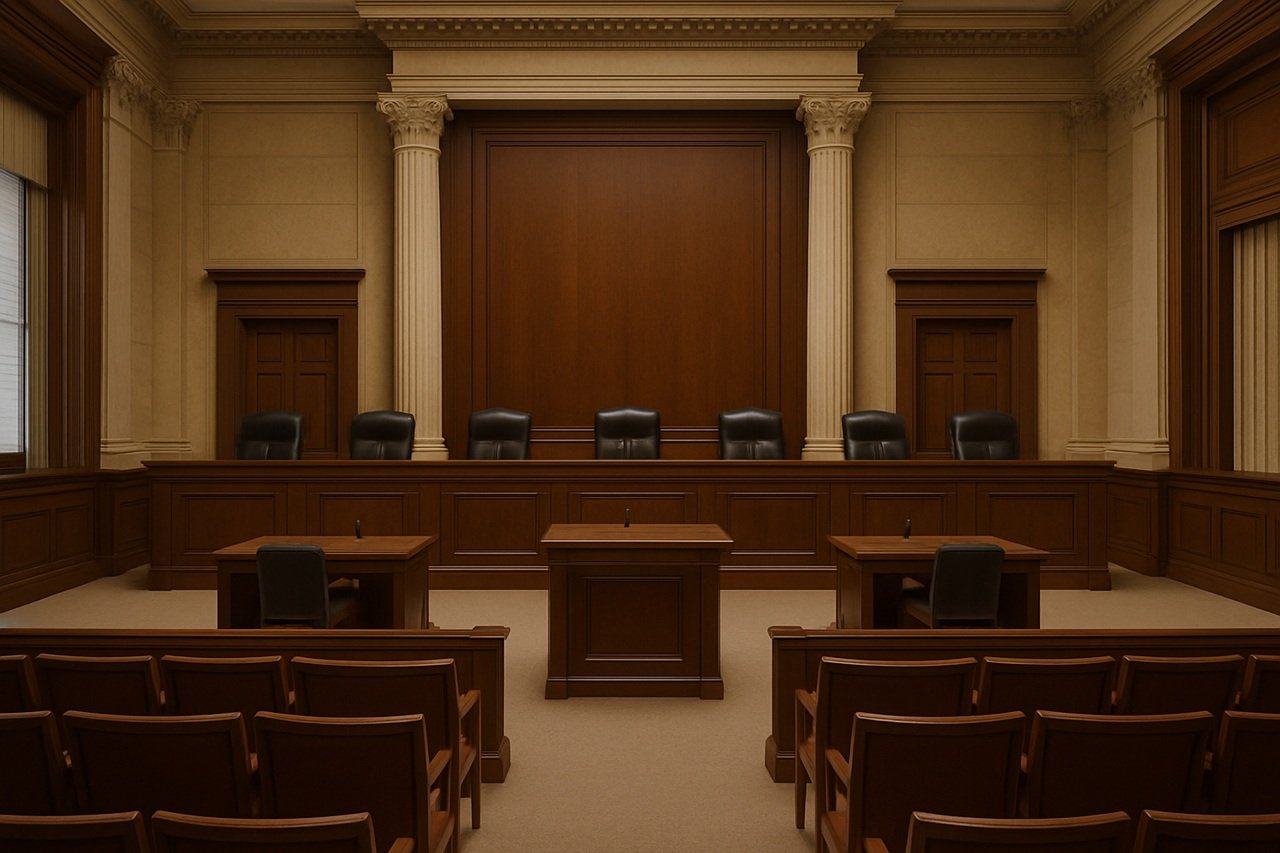The New Civil Liberties Alliance (NCLA) has filed a petition for en banc rehearing in the U.S. Court of Appeals for the D.C. Circuit, challenging the Environmental Protection Agency’s (EPA) regulation of the hydrofluorocarbons (HFC) market under the American Innovation and Manufacturing (AIM) Act of 2020. The request follows a panel decision that denied relief to NCLA’s client, RMS of Georgia, LLC, doing business as Choice Refrigerants.
Choice Refrigerants argued that the EPA reduced its HFC market share by approximately 30% and unfairly allocated allowances to other entities, including a former import agent and a Chinese-owned competitor accused of patent infringement and dumping. The company claims the EPA’s allowance distribution under the AIM Act lacked sufficient congressional guidance and violated constitutional limits on delegating legislative authority to executive agencies.
Under the AIM Act, the EPA is responsible for phasing down HFC production by issuing a limited number of production and import allowances. NCLA contends the agency used Executive Orders to favor new market entrants classified as “disadvantaged,” rather than established companies like Choice. NCLA also disputes the court’s reasoning, stating it relied too heavily on agency discretion and ignored recent Supreme Court rulings, including Relentless Inc. v. Department of Commerce, which limited judicial deference to agency interpretations.
The panel concluded that the EPA had discretion within a “narrow sphere” to allocate market share in a specific industry. NCLA argues this decision permits excessive control by federal agencies over private markets and undermines statutory interpretation standards.
“The D.C. Circuit flipped statutory interpretation on its head—not only reading its own language into the AIM Act but giving credence to stray remarks by congressmen on a different version of the bill,” said Kaitlyn Schiraldi, Staff Attorney at NCLA.
Mark Chenoweth, NCLA President, added: “The en banc court needs to grapple with what EPA actually did, and decide whether the Constitution really allows that, not whether some hypothetical version of implementation that never happened would be okay.”
